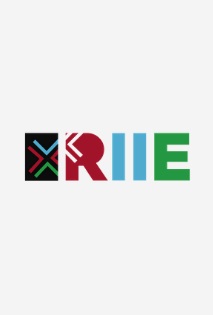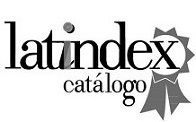In-prison artistic workshops with teenagers and adults: subjectivity in dispute
DOI:
https://doi.org/10.30972/riie.13186345Keywords:
right to education - artistic education - in prison education - young and adults educationAbstract
The following article develops some of the findings carried out on qualitative research carried out from 2018 to 2020. Its objective was to map educative and socio-educative school projects that were implemented at prison centers from Metropolitan region, Chile. During the first stage, schools and institutions were identified as well as foundations, organizations, and collectives with a non-formal system of education. Thus, educators from 68 institutions out of 78 were interviewed to finally generate focus groups and discussions. In this scenario, artistic education is completely diminished, mostly in institutions advocated to teenagers, in comparison to work training and school opportunities in primary and secondary levels. Artistic workshops have been managed almost uniquely by these same prison centers as a way to intervene people based on the social reintegration logic. Nevertheless, the 10 monitors in charge of artistic workshops inside prison are disputing this logic that considers art as a reintegration tool. On the contrary, they understand artistic formative processes as a politic tool, to configure and reconfigure people’s modes of self-sensing, self-dominating, reflecting, and thinking in connection to the surrounding world from which emerges other subjective modes which have been denied to those in and out prison as a consequence of a life of neglect and symbolic and material imprisonment.Downloads
Download data is not yet available.
Downloads
Published
2022-12-27
How to Cite
Gaete Vergara, M. (2022). In-prison artistic workshops with teenagers and adults: subjectivity in dispute. Revista Del Instituto De Investigaciones En Educación, 13(18), 40–61. https://doi.org/10.30972/riie.13186345
Issue
Section
Artículos basados en investigación empírica
License
Aquellos autores/as que tengan publicaciones con esta revista, aceptan los términos siguientes:
- Los autores/as conservarán sus derechos de autor y garantizarán a la revista el derecho de primera publicación de su obra, el cuál estará simultáneamente sujeto a la Licencia de reconocimiento de Creative Commons que permite a terceros compartir la obra siempre que se indique su autor y su primera publicación esta revista.
- Los autores/as podrán adoptar otros acuerdos de licencia no exclusiva de distribución de la versión de la obra publicada (p. ej.: depositarla en un archivo telemático institucional o publicarla en un volumen monográfico) siempre que se indique la publicación inicial en esta revista.
- Se permite y recomienda a los autores/as difundir su obra a través de Internet (p. ej.: en archivos telemáticos institucionales o en su página web) antes y durante el proceso de envío, lo cual puede producir intercambios interesantes y aumentar las citas de la obra publicada. (Véase El efecto del acceso abierto).






.jpg)




